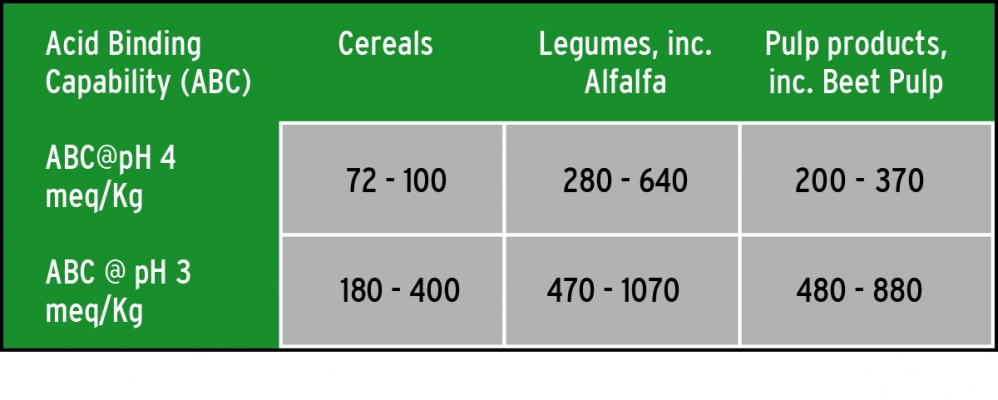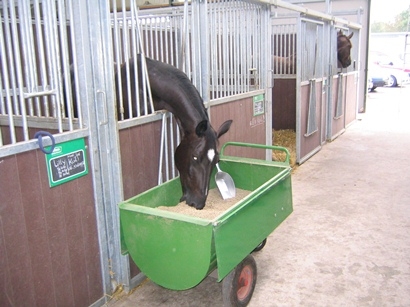|
Advice article filter
|
BeetNote Gastric ulcersReduction of ulceration in horsesWhat causes gastric ulcers? The horse’s stomach is continuously secreting digestive acids. If the stomach lining is exposed to this acid for a prolonged period of time, the stomach lining will be damaged. In the wild, where horses graze up to 16 hours per day, the acidity in the stomach is reduced by the trickle feeding of grass. The bicarbonate in the saliva reduces the acidity as well. The horse produces saliva while it is eating. If horses are fed high concentrate feeds with only limited access to forage, they will chew less and the stomach will be empty for large parts of the day. As a result, the acidity level in the stomach will be higher which increases the risk of ulcers. To protect the stomach lining from the natural acid environment, there are specialised cells, the so-called goblet cells, which produce a protective mucin coating. The mucin secretion stops if the stomach contains too much acid. The stomach lining will then become exposed to a rising acidity as a result of which specific bacteria can thrive which eat the stomach lining which will eventually lead to ulcers. Why Pavo SpeediBeet helps prevent ulcers.Clinical tests have shown that at high levels of acidity pectin forms a thick gel which strengthens and thickens the stomach lining. Pavo SpeediBeet is rich in pectin; sugar beet fibre contains approximately 30% pectin. Various types of feed have various capacities to absorb stomach acid. This is known as ‘Acid Binding Capacity’ or ABC value. This is measured as ‘the quantity of acids that the feed contains at various acidity levels of the stomach’. The higher the value, the higher the acid binding capacity (ABC). Cereals and other starchy feeds have a relatively low ABC. Feeds with a relatively high level of proteins (legumes) or soluble sugars (sugar beet) have much higher ABC values. Pavo SpeediBeet has an excellent capacity for absorbing stomach acid, especially if it is given as the first meal in the morning. In summary, Pavo SpeediBeet contains a high level of pectin which helps strengthen the protective stomach lining. In combination with the capacity of absorbing large quantities of acid, Pavo SpeediBeet can help reduce the conditions in which ulcers occur. Tom Sherlock   |

